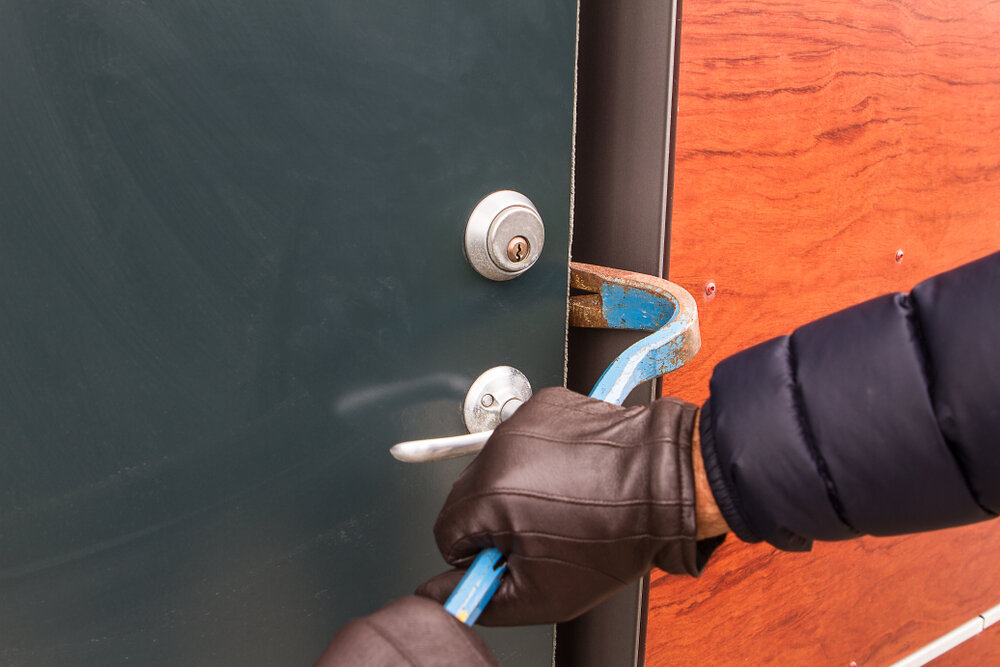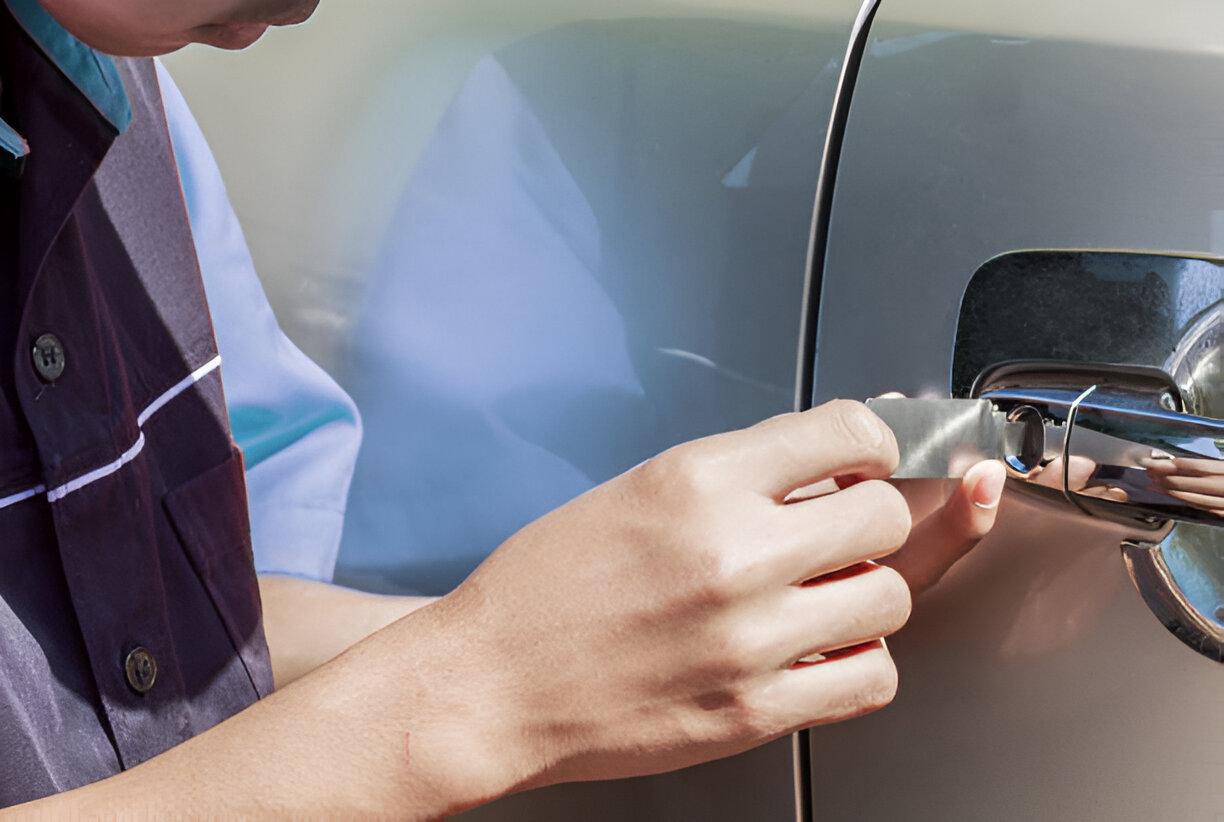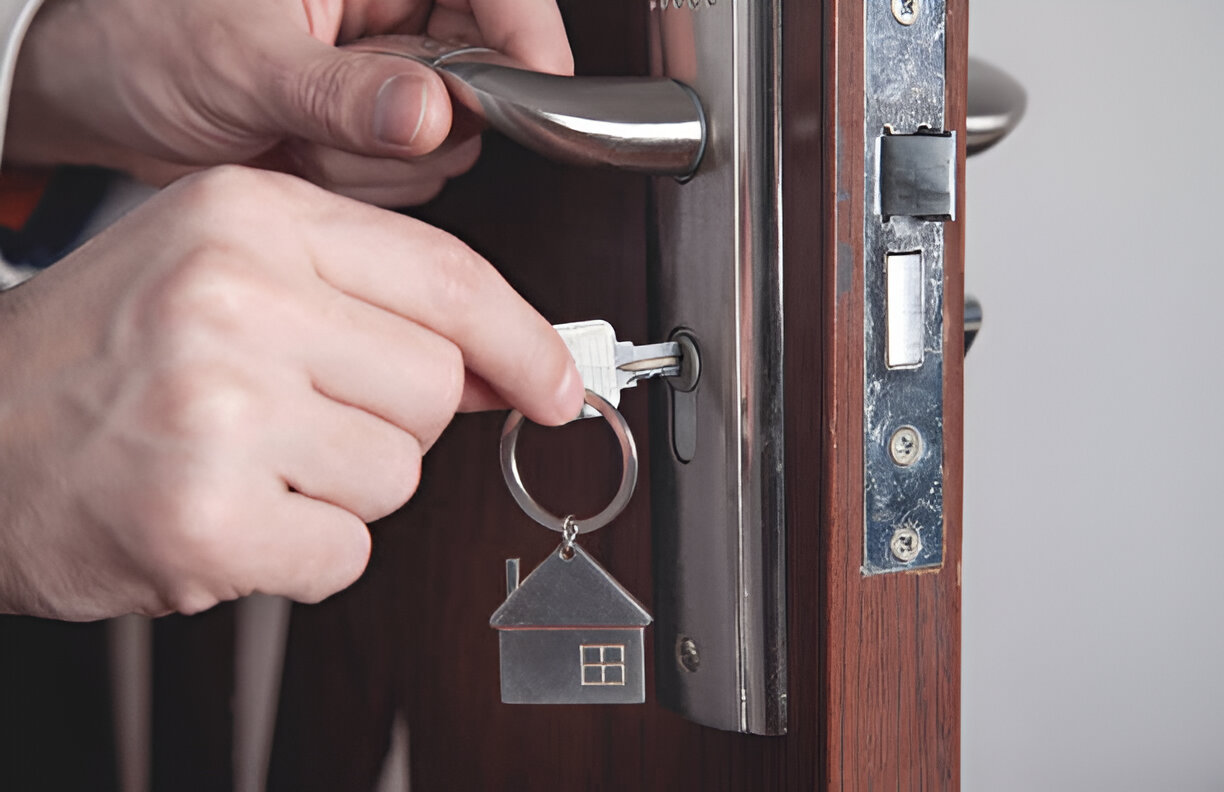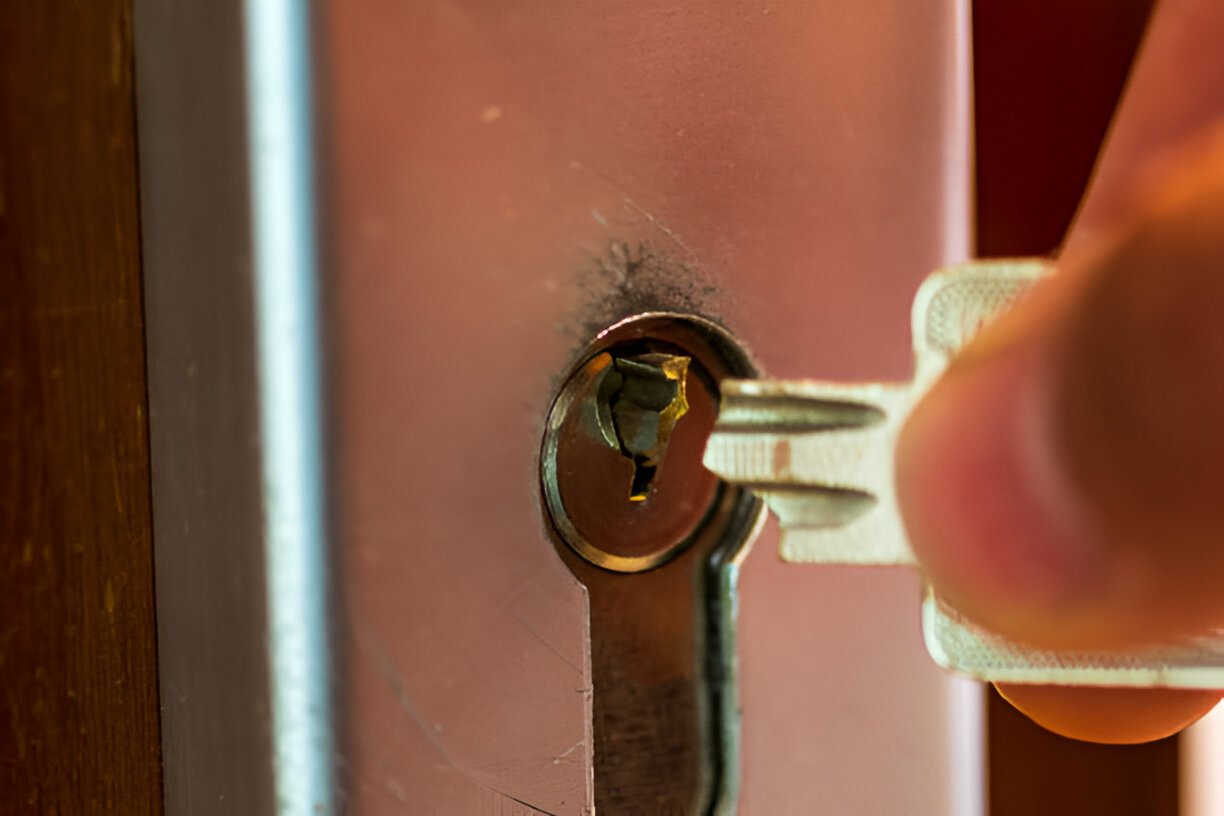Today in the world of co-living, one key rule is followed, “Don’t lose your keys.” However, have you ever wondered what would happen if your keys get lost? At that moment when you are driving back home and realize that you have lost your keys, life turns into a nightmare. You then go out searching for them frantically while realizing that there is no other solution to getting inside without replacing the locks or paying expensive fees at your local locksmith store.
For most people who lose their keys, it has never crossed their minds to think about what would happen if they try to open their locks by force. Lock snapping refers to any kind of lock damage that occurs due to applying force. This incident normally occurs when the key gets stuck into the door lock and due to the force applied, the metal surrounding it becomes weak and eventually snaps off.
There are three different reasons why this happens;
1) The material used for making the key is not good or strong enough
2) Wrong kind or the wrong size of the key (For example trying to use a flathead screwdriver instead of actually using a T-bar type key.)
3) Force applied by the user while inserting/turning the keys does not comply with normal standards. This can be due to several factors like shaking hands, improper insertion method, etc.
So how do you prevent your locks from snapping? Read on below to find out!
-
Use Strong Materials
It has been proved that the major reason for lock snapping is due to using a material which isn’t strong enough or doesn’t fit well with the surrounding metal of a door lock. For a key to be considered good, it must be made up of high-quality steel and have a minimum thickness of 0.7 mm. It must also be cut precisely and by a qualified locksmith to ensure that it fits into the lock without any extra effort or applying force.
-
Use the Best Kind of Key for Your Locks
There are four different kinds of keys used today; flathead, tubular, barrel and high-security keys which vary in size, width and thickness. If you are using a flathead or barrel key, then it is highly recommended that you replace them with high-security keys to prevent lock snapping in the future.
ALSO READ: What’s A Car Transponder & What to Do If It Stops Working?
-
Understand How to Insert Your Key Correctly
No matter what kind of key you use on your locks, if the insertion method is incorrect then there is a good chance that your lock could snap. The insertion method seems simple but it’s very easy to get wrong if you are not aware of how to do it correctly, so make sure you understand the process properly before actually attempting it. Here is what you need to do;
- Make sure that the key or screwdriver isn’t sticking out. If it is, use the other end to push it back in before using your key.
- Turn the key slowly and insert into your lock at a 45-degree angle. Due to this, the inserted part will be pushed down and the screwdriver tip will remain elevated which makes turning of the lock easier.
- Now after you’re done turning the key, try pulling it out to see if you are able to easily remove it from the lock.
- If you are having trouble removing your key, then it might be possible that causing too much pressure while turning resulted in snapping of the surrounding metal which has made opening or closing your lock impossible. In this case, do NOT force your key into the lock since using force will result in snapping it off completely. Instead, you should look for another way to get inside your home without damaging the lock.
Has your lock accidentally snapped or are you experiencing a stuck key in a lock situation? Don’t try to be a hero and break your home locks in the process. Call a professional locksmith from AFA Locksmith in Birmingham to help you out with your lock snapping issue. We provide you with the service at the best affordable price & in no time.





